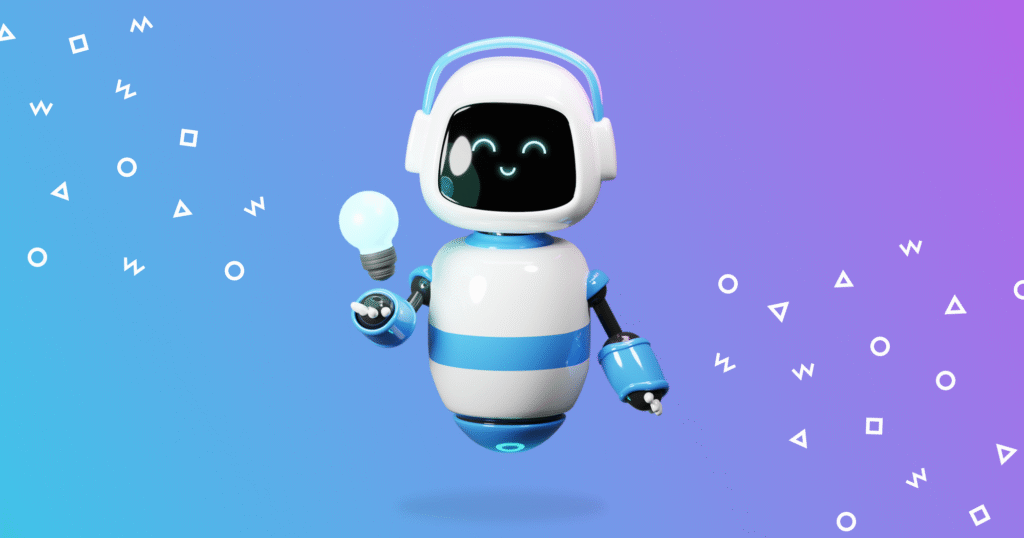AI-Driven Personalization: The Future of Digital Well-Being


In today’s fast-evolving digital era, personalization has become paramount. From tailored shopping recommendations to custom news feeds, personalization significantly enriches our online experiences. As the digital landscape continues to expand, Artificial Intelligence (AI) emerges as the engine driving this personalization, playing a crucial role in enhancing our digital well-being. This post delves deep into how AI-driven personalization is reshaping our digital lives, promising a future where digital well-being is prioritized, optimized, and continuously improved.
Understanding Digital Well-Being
Digital well-being refers to maintaining a healthy relationship with technology, ensuring that it enriches our lives without causing stress or imbalance. With the ubiquity of digital platforms, the challenge lies in managing screen time, digital distractions, and the overwhelming flow of information. AI-driven personalization addresses these challenges by curating experiences explicitly designed to aid rather than hinder our digital lives.
The Role of AI in Personalization
AI excels in sifting through vast amounts of data to identify patterns and preferences, enabling incredibly accurate personalization. By analyzing user behavior, AI systems predict what a user might find engaging or essential, tailoring content and recommendations accordingly. This AI-enabled personalization transforms mundane digital interactions into meaningful experiences by delivering content, promos, and news that resonate on a personal level.
One prime example of AI in personalization is seen with streaming services like Netflix. Through AI algorithms, Netflix can predict viewing preferences with remarkable accuracy, offering recommendations based on individual viewing history, ratings, and viewing behavior. This not only saves users time but enhances user satisfaction by providing content that truly aligns with personal tastes.
Enhancing Mental Health through Personalized Apps
A significant aspect of digital well-being is mental health, and AI-driven personalization is making strides in this area. Consider mental health apps like Headspace or Calm. These apps leverage AI to learn from user interactions, providing personalized meditation programs or stress-relief exercises based on individual progress and preferences.
For instance, if a user frequently engages with content related to anxiety management, the AI might prioritize similar content in future sessions, acknowledging this as an area of interest. By personalizing these interactions, AI empowers users to embark on wellness journeys that are uniquely suited to their needs, ensuring a more effective path to mental well-being.
AI-Driven Personal Assistants: The Personalization Era
AI personal assistants, such as Siri, Google Assistant, and Alexa, exemplify another facet of AI-driven personalization. By learning from user requests and commands, these assistants improve their responsiveness over time, personalizing interactions based on user behavior.
Imagine an assistant that not only schedules meetings but optimizes your calendar by allocating breaks during periods identified as high stress. By analyzing your patterns, AI-driven assistants can offer suggestions aimed at boosting productivity while ensuring work-life balance, a crucial aspect of digital well-being.
Hyper-Personalized Marketing and Content Delivery
From a business perspective, AI-driven personalization enhances customer engagement through hyper-personalized marketing and content delivery. Unlike traditional marketing methods, which often rely on broad demographics, AI allows businesses to engage with customers on a one-to-one basis.
Retail giant Amazon offers a shining example of this strategy. Its AI algorithms analyze browsing behavior, prior purchases, and even the time users spend reviewing products to offer highly personalized shopping recommendations. This not only enhances the shopping experience by reducing decision fatigue but also aligns product suggestions with customer needs, fostering a sense of connection and satisfaction.
Privacy Concerns and Ethical Considerations
Despite its potential benefits, AI-driven personalization raises concerns around privacy and ethical use of AI. With AI systems collecting vast amounts of personal data, the risk of data misuse looms large. Users and regulators alike are concerned about transparent data practices and consent, emphasizing the need for robust privacy frameworks.
To ensure AI-driven personalization contributes positively to digital well-being, businesses must prioritize ethical AI practices. This involves obtaining explicit user consent for data collection, ensuring data security, and employing transparent AI models that users can trust.
Conclusion: The Road Ahead for AI-Driven Personalization
AI-driven personalization stands poised to redefine digital well-being in profound ways. By providing tailored experiences, AI not only enhances the quality of our digital interactions but enriches our overall well-being. As AI technologies advance, they offer a promise of continued improvement in personalization, ultimately leading to a digital ecosystem where well-being is prioritized and experiences are enriched.
It is essential, however, to navigate this path thoughtfully, balancing the benefits of personalization with ethical considerations around privacy and data security. As we look to the future, a collaborative effort between tech companies, consumers, and regulators will ensure that AI-driven personalization realizes its full potential as a driver of digital well-being. With careful implementation, we stand to enter an era of technology that is not just smart, but also empathetic and deeply attuned to our individual needs.









